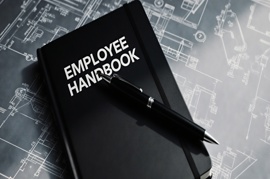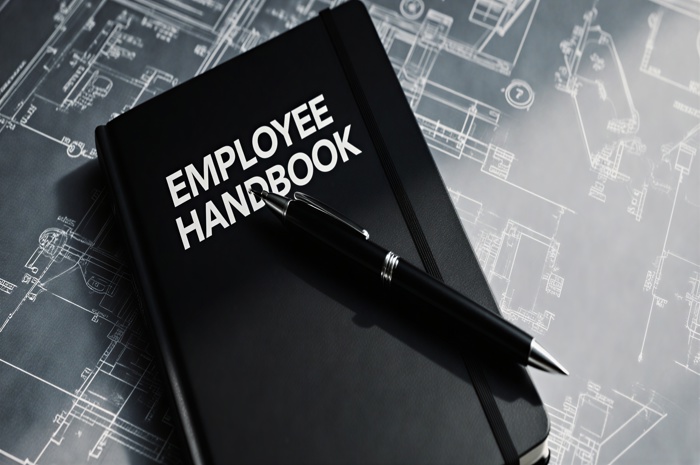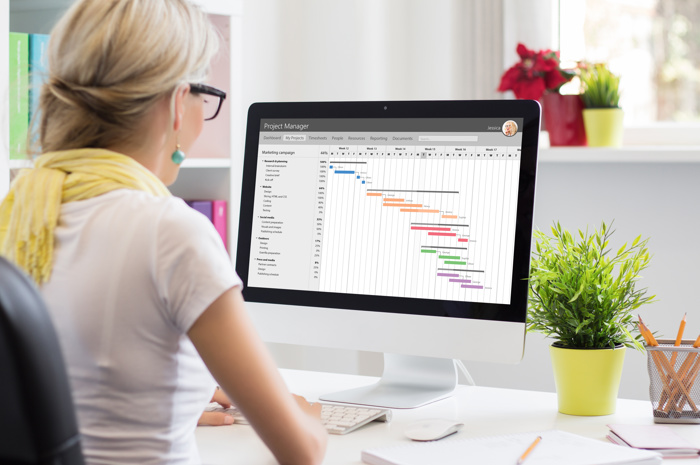What is a property company?
A property company can be defined as a company whose main trade is buying, selling, or renting properties or land. This typically also involves the management of these properties, such as overseeing its operations, maintenance, etc., as well as just owning/renting them out. There are many different types of property companies covering different areas of the market, such as residential properties, commercial properties, or land real estate.
A lot of people may start out as a sole trader, meaning that they may own multiple properties and are renting them out to earn income. Depending on how many properties a person has, it may be useful to turn your property business into a property company, as this may help you to manage your portfolio of assets. This is not required, but incorporating can have many benefits to it, however, there are also some downsides.
So, what are the benefits of incorporating a property company?
Tax Rates Can Be Lower:
Incorporating your property company and becoming a limited company can positively impact the amount of tax you pay. When you receive income as a sole trader, you are subject to income tax rates, however, when you incorporate a company, the income it receives is subject to corporation tax rates instead. Income tax rates are charged based on the individual's income - this means that the amount of tax you pay will be dependent on the total income received. Whereas, corporation tax rates are fixed at one rate and they can be lowered through varying tax reliefs.
When you incorporate a company, you can be more flexible with the amount of income you wish to receive as an individual and how you pay yourself. This means that instead of being required to report all the income as your own individual income, you can choose to either pay yourself through PAYE, or through receiving dividends. There are different tax rates when you are paid through PAYE (which is income), compared to when you are paid through dividends. With income tax, there are three different tax bands - the basic rate, the higher rate, and the additional rate - along with a personal tax free allowance of £12,570. The basic tax rate of 20% is applied to income between £12,571 and £50,270 (after the personal allowance), the higher tax rate of 40% is applied to income between £50,271 and £125,140 (after the personal allowance), and the additional tax rate of 45% is applied to income over £125,140 (there is no personal allowance applied in this tax band).
Dividends are also subject to tax bands with varying rates, but these are determined by your income tax band. Just as with income tax, there is also a dividends allowance which is tax free - for the financial year 2024/2025, the dividends allowance is £500. Anything above £500 is taxed according to the basic rate, higher rate, or additional rate, in line with the income tax bands. However, the tax rates for each band are different for dividends - the basic rate is 8.75%, the higher tax rate is 33.75%, and the additional rate is 39.35%. There are no dividends income thresholds as whichever income tax bracket you are in will determine the dividends tax bracket.
There is one main rate for corporation tax, which is 25%, however, there is also the small profits rate (for companies whose profits are less than £50,000), which is 19%, and there is also a marginal rate relief scheme, which was introduced from 1st April 2023, and varies the corporation tax rate between 19% and 25% depending on the taxable income (companies are only eligible for this if their profits are between £50,000 and £250,000).
For more information on the difference between corporation tax and dividends tax, please feel free to take a look at our article 'Corporation Tax vs. Dividend Tax: A Detailed Comparison for Businesses'.
The remaining taxable income that your company makes is then subject to the corporation tax rates, rather than the individual tax rates, which may be more beneficial for you.
Fixed Assets - Increase Capital and Reserves:
Once you incorporate a company, any properties or land that you have in your property company can be considered as a fixed asset for your company, which means that it is expected to be used by the business for periods greater than one year. Having fixed assets will impact your company's capital and reserves shown on the balance sheet by increasing it. A company's capital and reserves reflect the company's position - in that a company with a higher capital is generally in a better position, meaning that they are more likely to be able to pay off any debts, and secure financing, if needed, as their assets are greater than their liabilities. This can be useful when a company is trying to gain investments as investors may look at the company's capital and reserves when deciding whether to invest or not.
Less Personal Liability:
Incorporated companies are separate from the director of the company, meaning that anything the company is liable for, the director will not be. This can offer you individual protection, as, if the company falls into debt, or is sued, for example, then you are typically not personally liable if the company is unable to pay its debts, etc.
However, you may be required to sign a personal guarantee to secure funding as an incorporated company, you will then be personally liable as well as the guarantee offered by the property company - meaning that if the company cannot pay for their mortgage, for example, then you will be required to pay for it personally instead.
But what are the downsides of incorporating a company?
More responsibility:
Whilst there are many benefits to incorporating a property company, there are also several downsides. One of the main downsides to incorporating a company is that there is a lot more responsibility involved for the director, in terms of filing requirements. Once you incorporate a company, you will be required to file annual accounts and a confirmation statement each year to Companies House. If you are trading you will also be required to file a corporation tax returns to HMRC.
As with being a sole trader, you will need to file VAT returns if your company is registered for VAT. On top of this if you employee people, you will also be required to complete monthly payroll tasks. For a guide on some of the returns a company must make each year, please feel free to take a look at our article 'What Returns does a Company Need to Make Each Year'.
This is where enlisting in help from external sources can come in handy, as it will allow you to focus more of your time on the actual day to day running of the business instead. Easy Digital Filing is a great resource for directors, as we offer two types of filing services, which will allow you to complete your filings for Companies House and HMRC. We offer both a self-filing service, which is where you complete and submit the returns yourself using our comprehensive filing template, or a managed filing service, which is where one of our accounts specialists will complete the returns and submit them to HMRC and Companies House for you, upon your approval. For more information on our services, please head to easydigitalfiling.com.
Limited Liability Company:
Limited liability can be both a benefit and a downside to having an incorporated company. As companies generally have limited liability, lenders are less likely to provide mortgages to them, rather than to individuals. This is where a personal guarantee may come into play, or even just larger deposits and higher interest rates instead.
How do I get started?
Use an Incorporation Agent:
Now that you are aware of some of the key benefits of incorporating a company as a property business - here's how to get started! First, you will need to incorporate a company, which means selecting a company name, and then submitting an incorporation application, either yourself through Companies House or through an incorporation agent, such as Easy Digital Company. If you choose to incorporate a company through us, we always do our best to ensure you have a seamless and stress-free experience! Just let us know the company name you wish to incorporate, enter some basic details of the company and the director(s), and we will do the rest!
Transfer of Assets:
The next step is to transfer any assets you already had, into your new company - this is typically just for if you were previously trading as a sole trader and are switching to an incorporated company from there. Normally, the company will need to buy the assets from the director, however, as the company is new, it is unlikely to have made any revenue to be able to purchase the assets, so this may need to be considered as a directors loan. As the director, it is your decision when you want the loan to be paid back, or written off instead, and if any interest is to be charged on it.
Now that you have your new property company you can start trading!





















